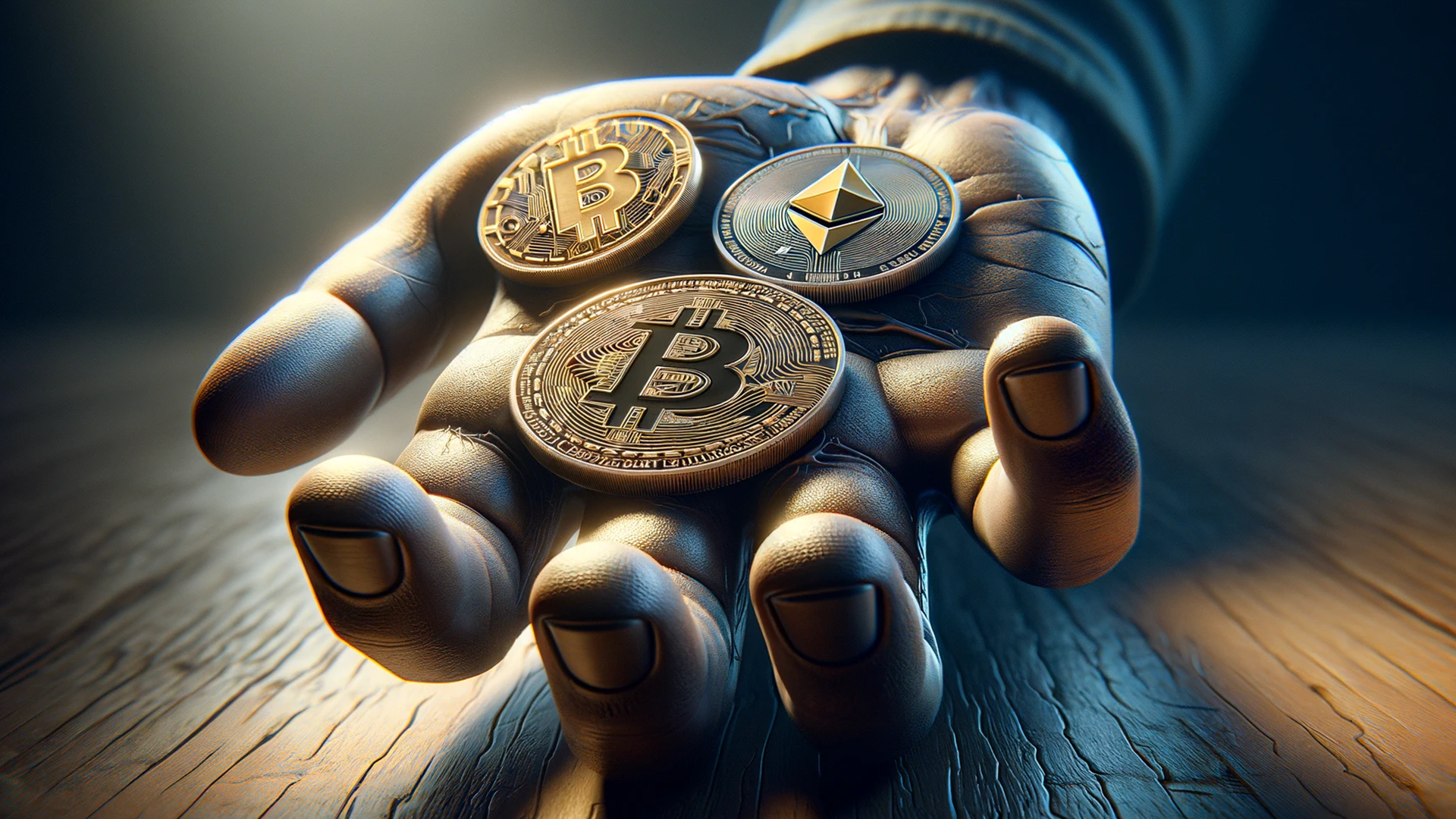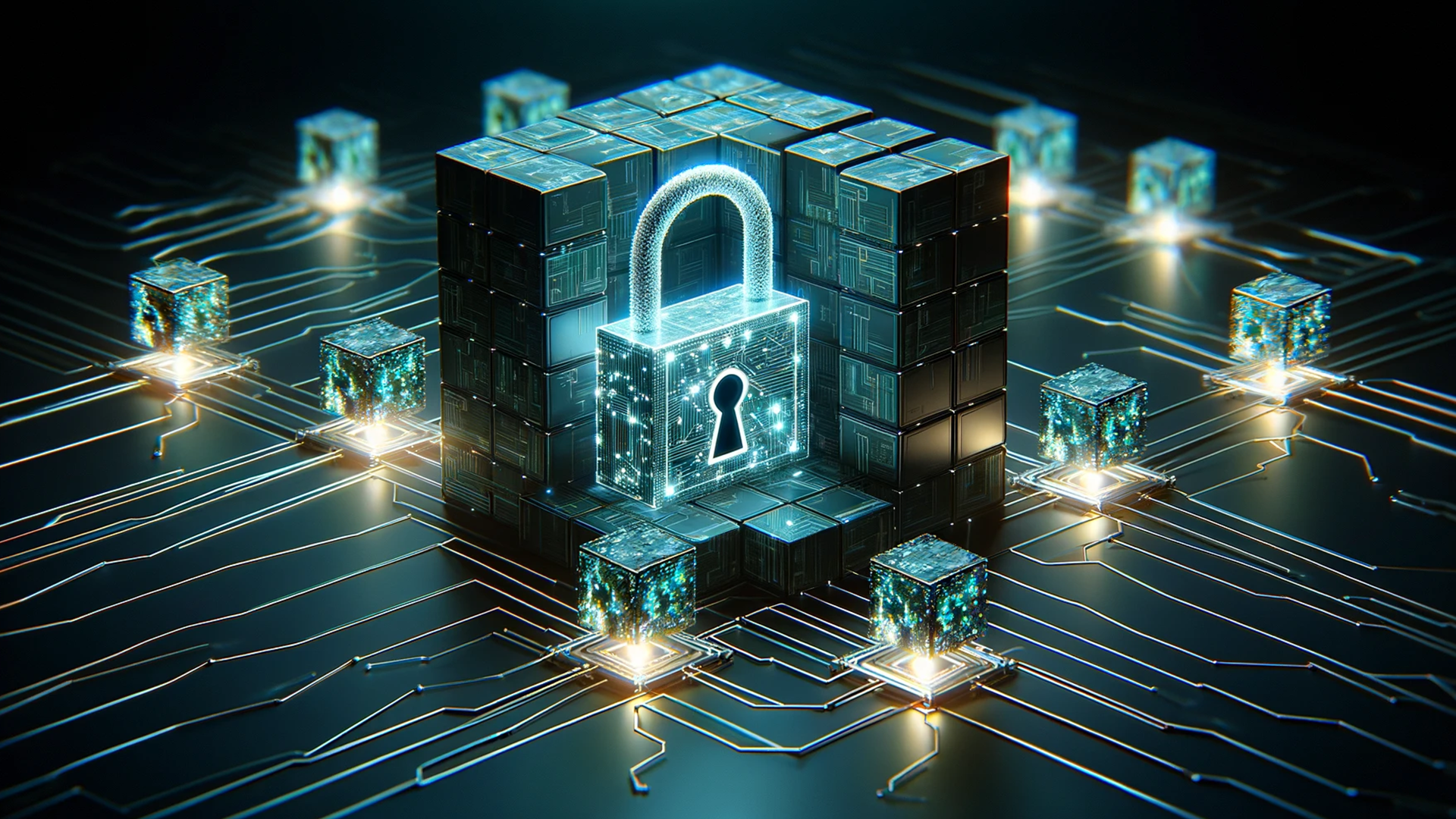
Thank you
Our team of industry domain experts combined with our guaranteed SLAs, our world class technology .


Get Immediate Help
In the dynamic realm of blockchain technology, tokens serve as digital representations of assets or values stored securely on blockchain networks. However, ensuring the protection of these tokens against various threats like hacking, phishing, and smart contract vulnerabilities is crucial. Let's delve into token security, exploring the challenges organisations face and the best practices to safeguard digital assets effectively for Blockchain Safety.

1. Hacking and Phishing Attacks: Malicious actors exploit vulnerabilities in blockchain platforms, wallets, or smart contracts to steal tokens. Additionally, phishing scams deceive users into revealing private keys or seed phrases, providing attackers with unauthorised access to their tokens.
2. Rug Pulls: This deceitful scheme involves developers artificially inflating a token's price, then abandoning the project and absconding with investor funds, leaving token holders at a loss.
3. Smart Contract Vulnerabilities: Errors in smart contract code can lead to unintended consequences, enabling attackers to steal tokens or manipulate their functionality, posing significant risks to token holders.
4. Social Engineering Attacks: By impersonating legitimate entities or creating fake investment opportunities, malicious actors lure users into compromising their token security, often resulting in substantial losses.
5. Insider Threats: Authorised individuals with access to systems or private keys can exploit their privileges to steal or manipulate tokens, posing an internal threat to organisations.

1. Secure Storage: Employ secure wallets like hardware wallets that store private keys offline, minimising the risk of online attacks and unauthorised access to tokens.
2. Strong Passwords and MFA: Strengthen security by implementing robust passwords and enabling multi-factor authentication (MFA) on all wallets and accounts associated with tokens, adding an extra layer of protection against unauthorised access.
3. Smart Contract Audits: Before engaging with a token, conduct thorough research and opt for projects that have undergone independent smart contract audits to identify and rectify potential vulnerabilities, enhancing token security.
4. Exercise Caution: Exercise caution when encountering investment opportunities that promise unrealistic returns with minimal risk, as these may often turn out to be scams, resulting in financial losses.
5. Stay Informed: Keep abreast of emerging security threats, common scams, and best practices for token security to make informed decisions and mitigate risks effectively.

1. Transaction Monitoring: Implement transaction monitoring tools to detect suspicious activity and unauthorised transfers, enabling proactive response to potential security breaches.
2. Backup and Recovery: Establish a robust backup and recovery plan for wallets and private keys to mitigate the impact of device loss or damage, ensuring continuity of access to tokens.
3. Use Reputable Platforms: Opt for established and reputable platforms for trading and storing tokens, reducing the risk of encountering fraudulent schemes or security vulnerabilities.

Blockchain Safety protocols play a pivotal role in token security by incorporating features like consensus mechanisms and cryptographic algorithms, enhancing the overall security of the network and the tokens stored within it. Choosing a blockchain platform with a strong security track record and a commitment to continuous improvement is essential for safeguarding digital assets effectively.
Regulation and Compliance:
As regulatory frameworks for tokenised assets continue to evolve, staying informed about relevant regulations and ensuring compliance is paramount. Adhering to regulatory standards fosters a more secure and trustworthy token ecosystem, enhancing investor confidence and mitigating legal risks.
In the context of safeguarding digital assets and enhancing token security within blockchain networks, several Microminder services can be invaluable for organisations:
1. Blockchain Security Solutions: Microminder offers comprehensive blockchain security solutions tailored to address the specific challenges faced by organisations in securing their digital assets. These solutions encompass a range of services such as blockchain security assessments, smart contract security audits, and token security evaluations. By leveraging Microminder's expertise in Blockchain Safety, organisations can identify vulnerabilities, mitigate risks, and fortify their defences against potential threats to their digital assets.
2. Smart Contract Security Audits: Smart contracts play a critical role in blockchain ecosystems, facilitating various transactions and operations. However, they are also susceptible to vulnerabilities and exploits. Microminder's smart contract security audit services involve in-depth analysis and evaluation of smart contract code to identify and rectify potential vulnerabilities. By conducting thorough audits of smart contracts, organisations can ensure the integrity and security of their digital assets stored within these contracts.
3. Token Security Assessments: Tokens represent digital assets within blockchain networks and are often targeted by malicious actors. Microminder offers token security assessment services to help organisations evaluate the security posture of their tokens and identify potential weaknesses or vulnerabilities. Through comprehensive assessments, organisations can enhance the security of their tokens and mitigate the risk of unauthorised access or theft.
4. Incident Response and Forensics: Despite proactive security measures, organisations may still encounter security incidents or breaches. Microminder provides incident response and digital forensics services to help organisations effectively respond to and mitigate the impact of security incidents. From conducting forensic investigations to identifying the root cause of security breaches, Microminder assists organisations in minimising damage and restoring the security of their digital assets.
5. Continuous Monitoring and Threat Intelligence: Maintaining visibility into blockchain networks and detecting potential threats in real time is essential for proactive security management. Microminder offers continuous monitoring and threat intelligence services to help organisations identify and respond to emerging threats promptly. By leveraging advanced monitoring tools and threat intelligence feeds, organisations can stay one step ahead of cyber threats and protect their digital assets effectively.
By availing themselves of these Microminder services, organisations can strengthen their blockchain security posture, mitigate risks to their digital assets, and ensure the integrity and confidentiality of their transactions within blockchain networks.
In conclusion, prioritising token security is imperative for organisations and individuals navigating the dynamic landscape of blockchain technology. By adopting best practices, staying vigilant, and leveraging robust security measures, stakeholders can fortify their defences against emerging threats and protect their digital assets effectively in the blockchain safety net.
Know how Microminder CS can fortify your blockchain security and safeguard your digital assets. Contact us today for personalised security solutions customised to your needs.
Don’t Let Cyber Attacks Ruin Your Business
Call
UK: +44 (0)20 3336 7200
KSA: +966 1351 81844
UAE: +971 454 01252
Contents
To keep up with innovation in IT & OT security, subscribe to our newsletter
Recent Posts
Penetration Testing | 10/11/2025
Cloud Security | 07/11/2025
Cybersecurity | 06/11/2025
What is token security in the context of blockchain?
Token security refers to the measures taken to protect digital assets or tokens stored and transacted on blockchain networks. It involves safeguarding tokens from unauthorised access, theft, or manipulation by implementing robust security practices and protocols.Why is token security important for organisations using blockchain technology?
Token security is essential for organisations leveraging blockchain technology because digital assets stored in the form of tokens represent significant value. Ensuring the security of these tokens is crucial to prevent financial loss, maintain trust among users, and uphold the integrity of blockchain-based transactions.What are some common threats to token security?
Common threats to token security include hacking and phishing attacks targeting blockchain platforms or wallets, vulnerabilities in smart contracts leading to token theft or manipulation, social engineering tactics aimed at tricking users into revealing private keys, and insider threats posed by individuals with authorised access to sensitive systems or keys.How can organisations protect their tokens from security threats?
Organisations can protect their tokens by implementing various security measures such as utilising secure storage solutions like hardware wallets, enabling multi-factor authentication (MFA) for wallet access, conducting smart contract audits to identify and address vulnerabilities, educating users about common security threats and best practices, monitoring transactions for suspicious activityWhat role do blockchain security protocols play in token protection?
Blockchain security protocols, including consensus mechanisms and cryptographic algorithms, play a crucial role in token protection by ensuring the overall security and integrity of blockchain networks. These protocols contribute to the prevention of unauthorised access, manipulation, or fraudulent activities involving tokens stored on the blockchain.